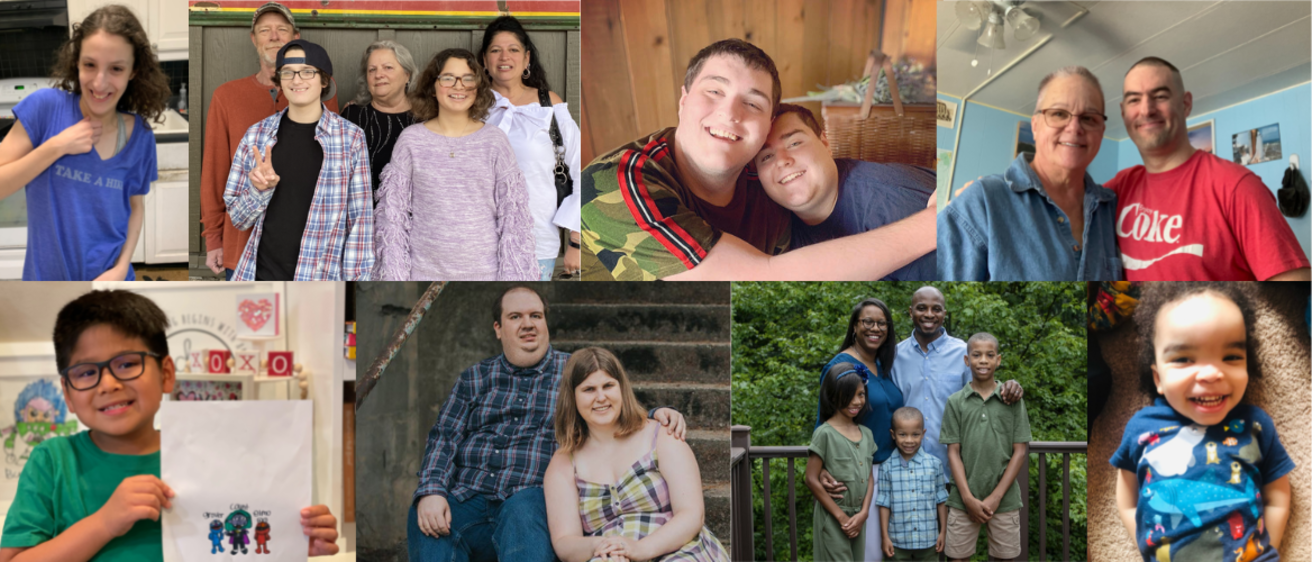What is SPARK?
SPARK stands for "Simons Foundation Powering Autism Research for Knowledge," and their mission is to improve the lives of people with autism.
To do so, they are identifying the causes of autism, thereby informing more effective therapies, treatments, services, and supports.
SPARK has built a research community of tens of thousands of individuals with autism and their families, who have shared their medical and genetic information with scientists. The data shared with SPARK researchers will advance the understanding of autism and provide meaningful information and resources to participants.

Interested in Joining SPARK as a Participant?
Visit SPARK's website to learn more about their landmark autism study and ways to contribute to their research as a participant.
The Michaelson Lab's Role in SPARK
The Michaelson Lab is currently a participating research lab in SPARK Research Match. Research Match speeds up autism research by connecting individuals participating in SPARK to other autism research studies that are relevant to them and their family.
That means when an individual who has attributes that align with our research goals joins SPARK, we reach out to them and inquire about their interest in our research. In the past, we have conducted studies on the relationship between autism and 1) sex and gender, 2) language abilities, 3) eating and sleep disorders, 4) seizures, and 5) twice-exceptionality.
